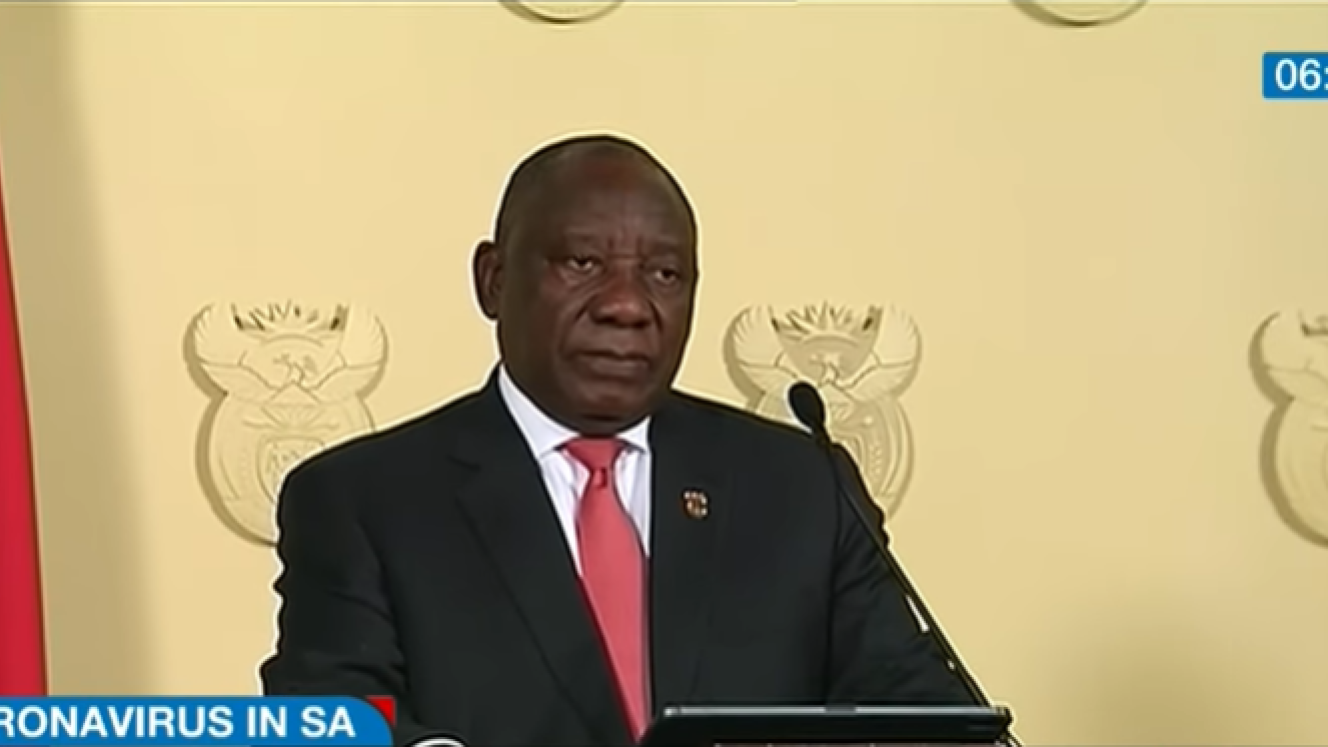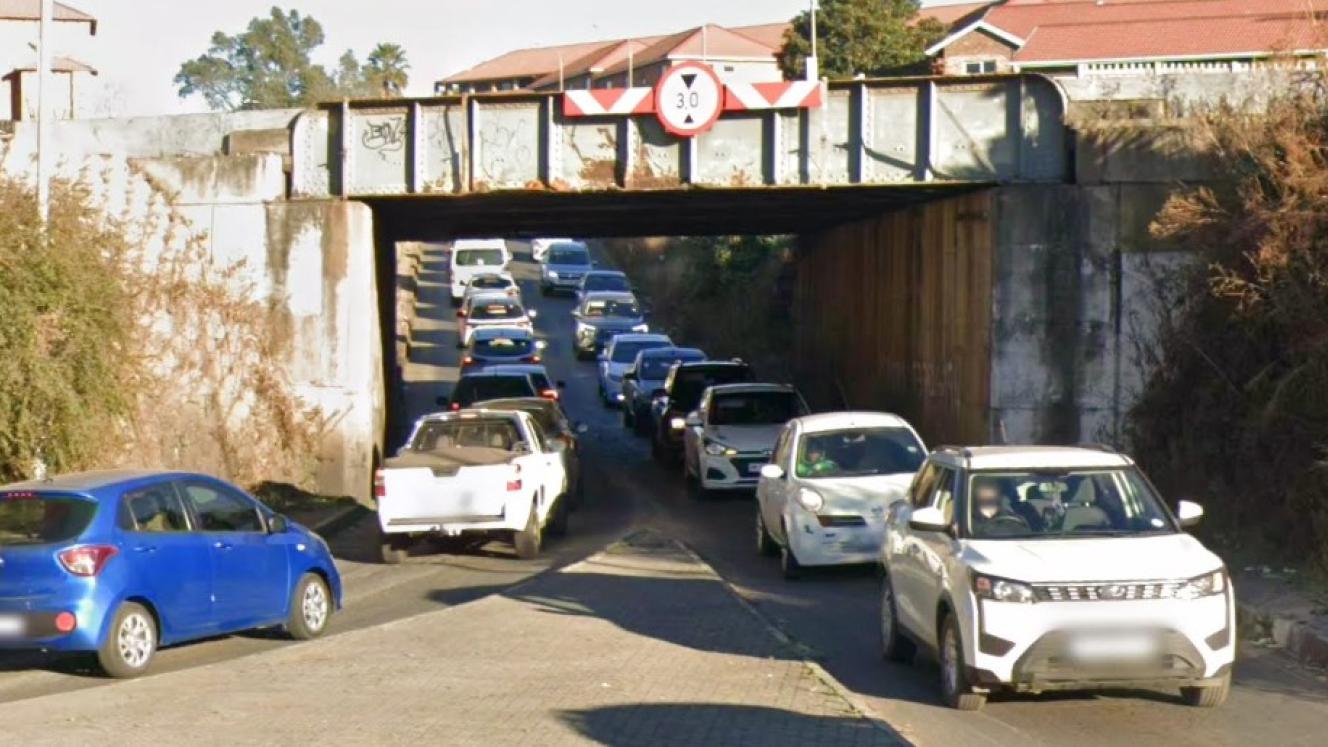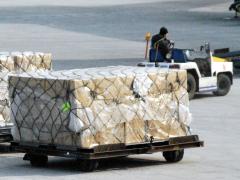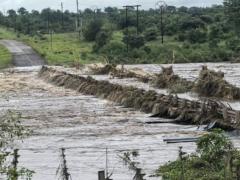As the world scrambles to limit the spread of the coronavirus (Covid-19), the South African government declared on Sunday night that most of the country’s borders would be closed to limit the pandemic’s spread.
Addressing the nation, President Cyril Ramaphosa said the government had decided to close most of its borders as a precautionary measure following an increase in confirmed cases throughout the country.
“We have decided to take urgent and drastic measures to manage the disease, protect the people ofour country and reduce the impact of the virus on our society and on our economy.”
Ramaphosa confirmed that they would place travel restrictions on people travelling from high and medium-risk locations, as well as shutting a host of the country’s land borders effective immediately.
“Of the 53 land ports, 35 will be shut down with effect from 16 March. Two of the eight sea ports will be closed for passengers and crew changes,” Ramaphosa said.
By shutting these ports of entry, the government is slowing down both goods leaving and entering the country, which Ramaphosa said would have a long-lasting effect on the South African economy.
“In the last few weeks, we have seen a dramatic decline in economic activity in our major trading partners, a sudden drop in international tourism and severe instability across all global markets,” he said.
“The anticipated effects of the decline in exports and tourist arrivals will be exacerbated by both an increase in infections and the measures we are required to take to contain the spread of the disease.”
However, despite the economic concerns relating to Covid-19, Ramaphosa confirmed that the government had already started to finalise a comprehensive package to mitigate the impact of the virus on the economy.
“This package, which will consist of various fiscal and other measures, will be concluded following consultation with business, labour and other relevant institutions. It is clear that this disease will be extremely disruptive,” he said. - Bjorn Vorster













